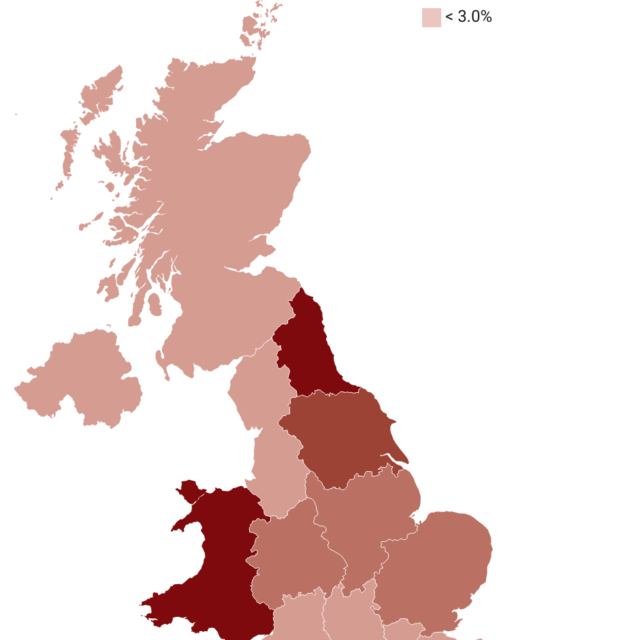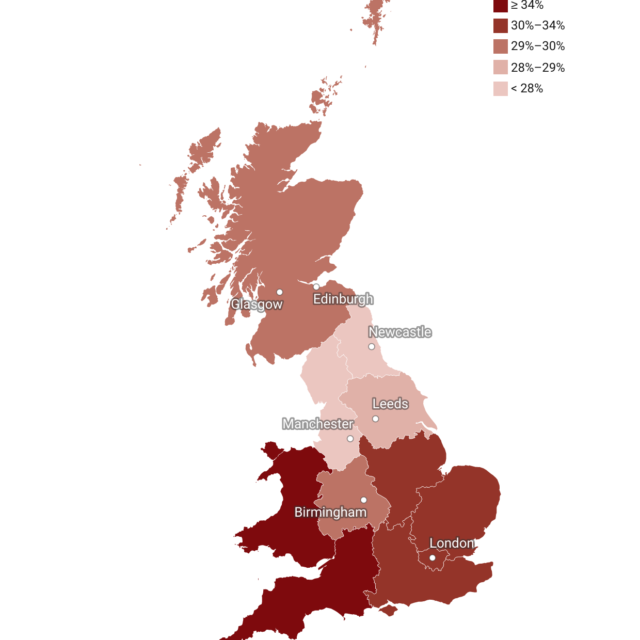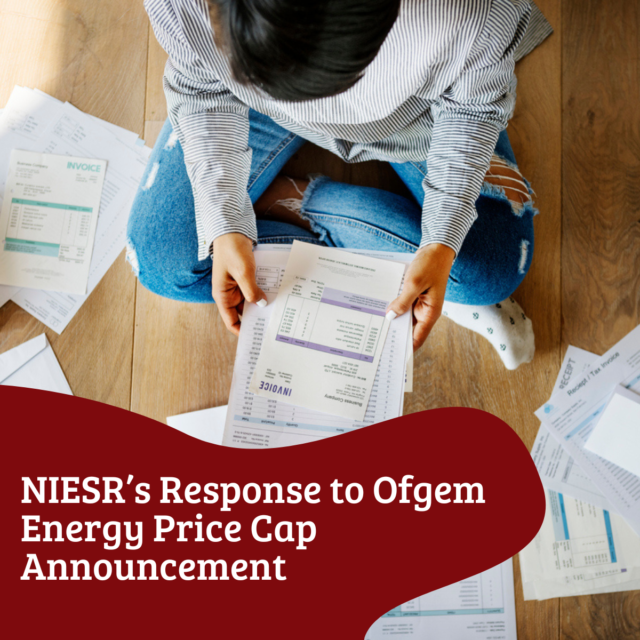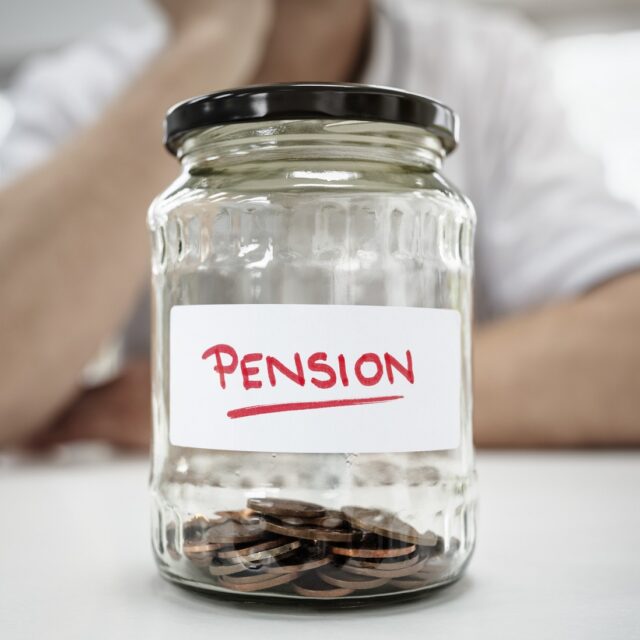Is a Windfall Tax a Good Idea?
With UK inflation running at 9%, in large part due to very rapid increases in global oil and gas prices, the government has come under growing pressure to provide more financial support for households facing a cost-of-living crisis. One idea is to introduce a one-off tax on the ‘windfall’ profits of oil and gas companies, which have risen substantially following the spike in energy prices.

In this Monday Interview, Professor Stephen Millard, asks Barry Naisbitt and Urvish Patel to explain what a windfall tax is, and discusses the pros and cons of introducing such a tax on UK energy companies.
What exactly is a windfall tax?
Windfall taxes are essentially one-off taxes or levies on companies that would be judged (by the government) to have made windfall profits. These profits have arisen from events in the markets in which these companies operate and were unexpected, substantial, and not a response to new activities undertaken by the companies. Windfall taxes can be designed in different ways. For example, they could involve adding an additional rate of corporation tax for the companies that are judged to be making excess profits, applying a levy on profits above a certain level by making some comparison with a scenario in which these companies had not received windfall profits, or introducing an excise tax on production. The essential feature is that the tax is imposed to reflect increases in profit (excess profits) that resulted not from direct actions of the companies but rather as a result of external changes in market circumstances and which came as a windfall.
Such taxes are rare. In the UK, windfall taxes were used in 1981 (by the Conservative government on banks that were deemed to have made excess profits from the rapid rise in interest rates at that time) and in 1997 (when the Labour government raised £5.2 billion on the increased values of previously privatised companies to fund a welfare-to-work scheme). In 1981, the UK government introduced a ‘special tax’ (supplementary petroleum duty) on North Sea oil companies at a time when oil prices had increased. In 2011, the then Chancellor, George Osborne, increased the supplementary charge on North Sea oil and gas producers, estimated to raise around £2 billion a year, noting that ‘when oil prices are high, as now… UK oil and gas production is more profitable at such times, so it is fair that companies should contribute more’. Windfall taxes were also used in the United States on oil companies in 1980, when oil price controls were phased out (with the tax raising around $80 billion over a decade). Such a tax on oil company profits is again a topic of debate in the United States.
Returning to the present, oil and gas producers have benefitted from both the rise in global oil and gas prices in the post-Covid-19 recovery period and, more substantially, from the sharp spike in energy prices following Russia’s invasion of Ukraine (and the announcement of various sanctions against the Putin regime). BP announced underlying profits of $6.2 billion in the first quarter of this year, up from $4.1 billion in the final quarter of 2021. Shell announced adjusted earnings of $9.1 billion in the first quarter of 2022, up from $6.4 billion in the previous quarter.
What are the arguments for applying a windfall tax?
It is generally agreed among economists that in terms of economic efficiency, taxes should lead to only minimal changes in behaviour, they should be seen to be ‘fair’ and they should have low collection costs.
A one-off windfall tax that is based on past behaviour and is a response to an external event that was not foreseen has a strong case to be regarded as more economically efficient than, for example, an increase in the corporate tax rate that will apply for the next few years, or an increase in personal income taxes that affects decisions about working time, spending and saving.
It is, of course, difficult to be certain that when any such tax is applied, it will be a one-off. But the history of the past half-century has shown that such taxes have not been frequently used. The timing of a windfall tax is also an important consideration. If, for example, the government announced today that it would be applying the tax at some point in the future, then companies could change their behaviour and so reduce or negate the economic efficiency benefits of a windfall tax.
Windfall profits do not represent a reward to any factor of production or entrepreneurship. As a result, economists can argue that taxing them is fair, particularly relative to taxing, say, workers’ income. The ideas of burden-sharing and fairness within society have been echoed in the debate on this issue.
Finally, a well-designed windfall tax is relatively easy to impose on firms, easy for firms to comply with, and hard to avoid. This results in a relatively predictable tax yield, which is particularly helpful if the funds received are aimed at a particular problem (such as helping to alleviate the burden of energy bills on struggling households).
What are the arguments against a windfall tax?
There are essentially four arguments against a windfall tax on oil and gas companies’ profits. The first is that although a windfall tax may appear economically efficient in theory, in practice it may not be. The imposition of the tax may create uncertainty about the future tax regime (perhaps not only for oil and gas companies but for other companies – what’s usually thought of as the ’thin edge of the wedge’ argument) and, by so doing, reduce future investment spending by oil companies.
But the economic evidence on this point is mixed. Some research points to the adverse effect of increased uncertainty on investment, but the energy sector is in many ways a special case and has particular tax incentives for investment already. In addition, the major UK oil companies operate globally and imposing a windfall tax in one jurisdiction may, over time, lead to changes in location to avoid such taxes.
The second argument against a windfall tax on oil and gas companies’ profits is that given the imperatives of combating climate change and providing energy security, the energy sector is particularly important. A reduction in profits (whether excess or not) might deter the pace of investment in renewable energy and slow the move to increased energy security. In effect, imposing a windfall tax might result in some short-term gains, but this might be more than offset by longer-term losses.
And yet on the issue of whether a windfall tax would stop any planned investment projects from going ahead, in an interview after the results announcement, the chief executive of BP said ‘there are none that we wouldn’t do‘.
The third argument is that such taxes are asymmetric and judgemental. If oil prices were to collapse, oil company profits would do so too. Oil companies suffering a one-off tax now might then call for a one-off subsidy. There may have been calls for windfall taxes in the past, but if oil companies make losses due to falling global oil prices, there may be few calls to provide funds to support them. In addition, there is the question of how to determine that some particular level of profit is ‘normal’ and some higher level of profit is ‘excessive’.
In one sense, that arbitrariness of the definition adds to the idea of economic efficiency – the company does not know beforehand what profit level will be judged to be excessive and so cannot adjust its behaviour to that. But in another sense, it effectively means that the level of normal profit would be determined by the Chancellor.
Finally, the issue of taxing companies raises the wider issue of who is being taxed. A higher tax on company profits would mean, among other things, a lower dividend paid out by the company and potentially a lower share price than otherwise. This would lower the incomes (or wealth) of shareholders, and since a large proportion of UK shares are held by pension funds, this could have an adverse effect on household pensions.
In essence, profits do go somewhere, and a windfall tax takes them from one group of households (in the case of major oil companies, which are global in their shareholder bases, potentially some households in other countries as well as in the UK) and redistributes them to other households in society.

















